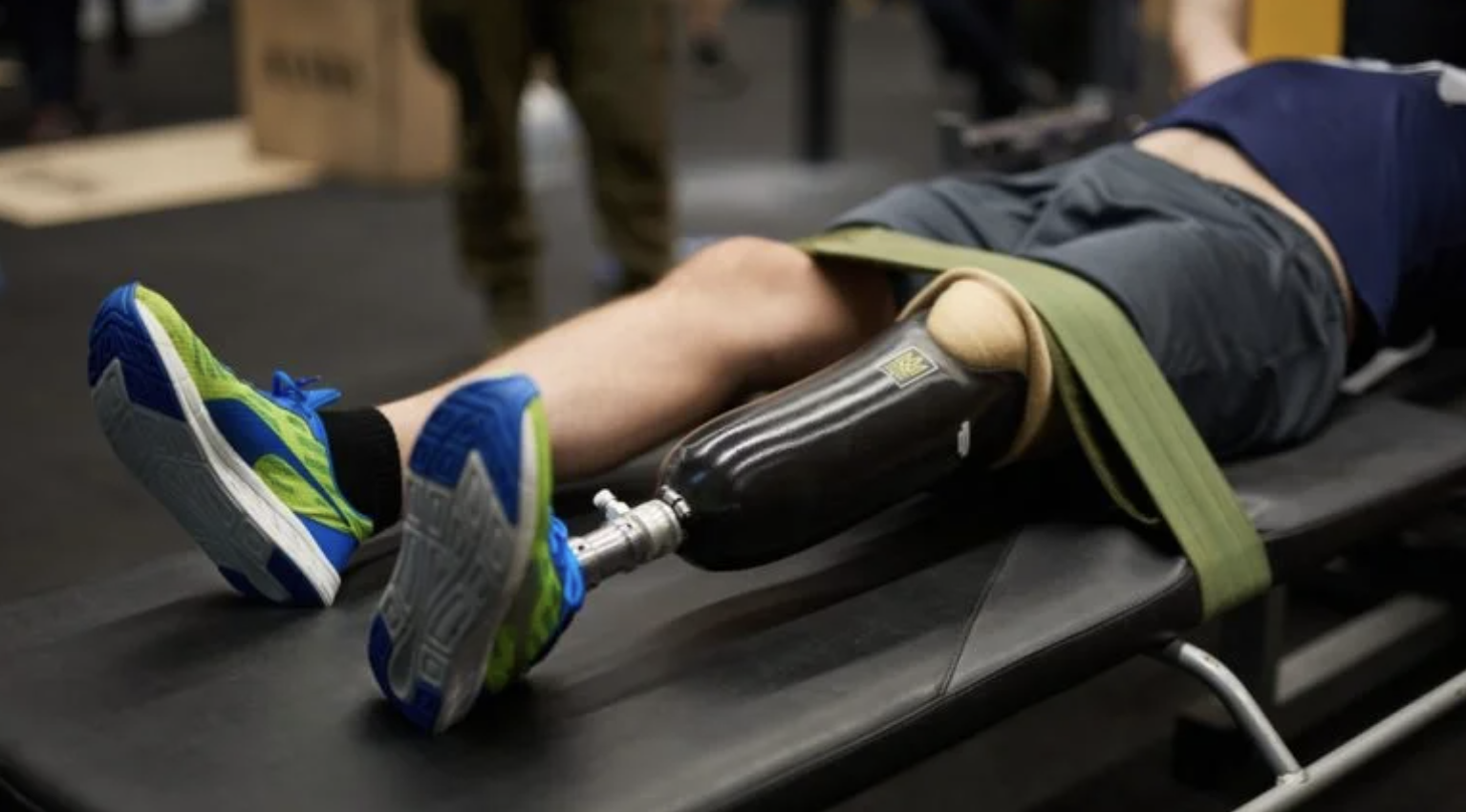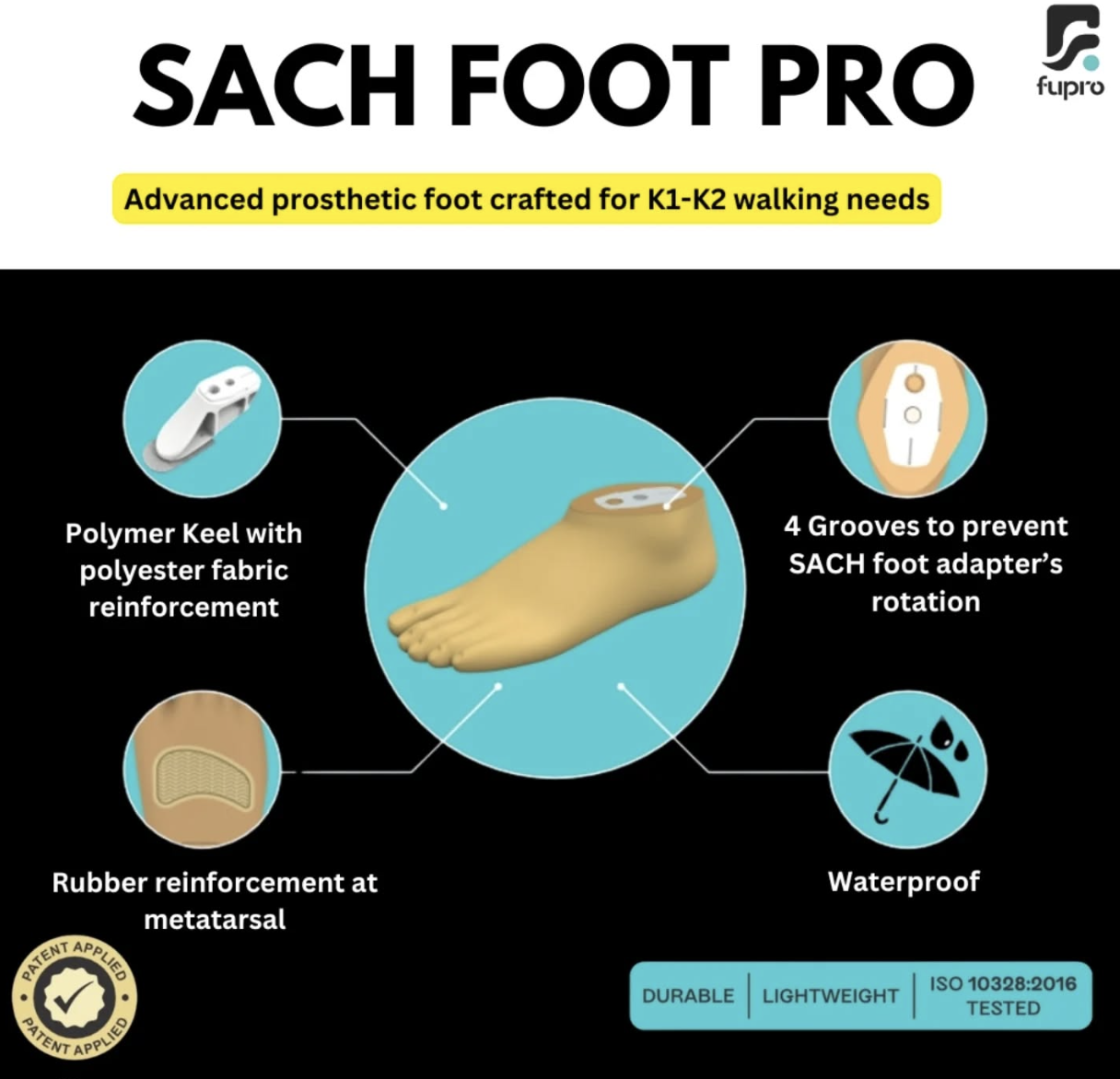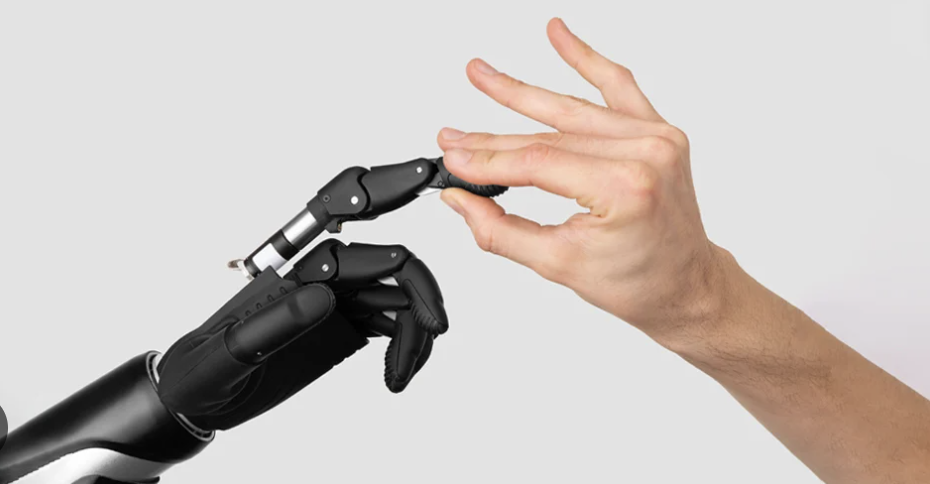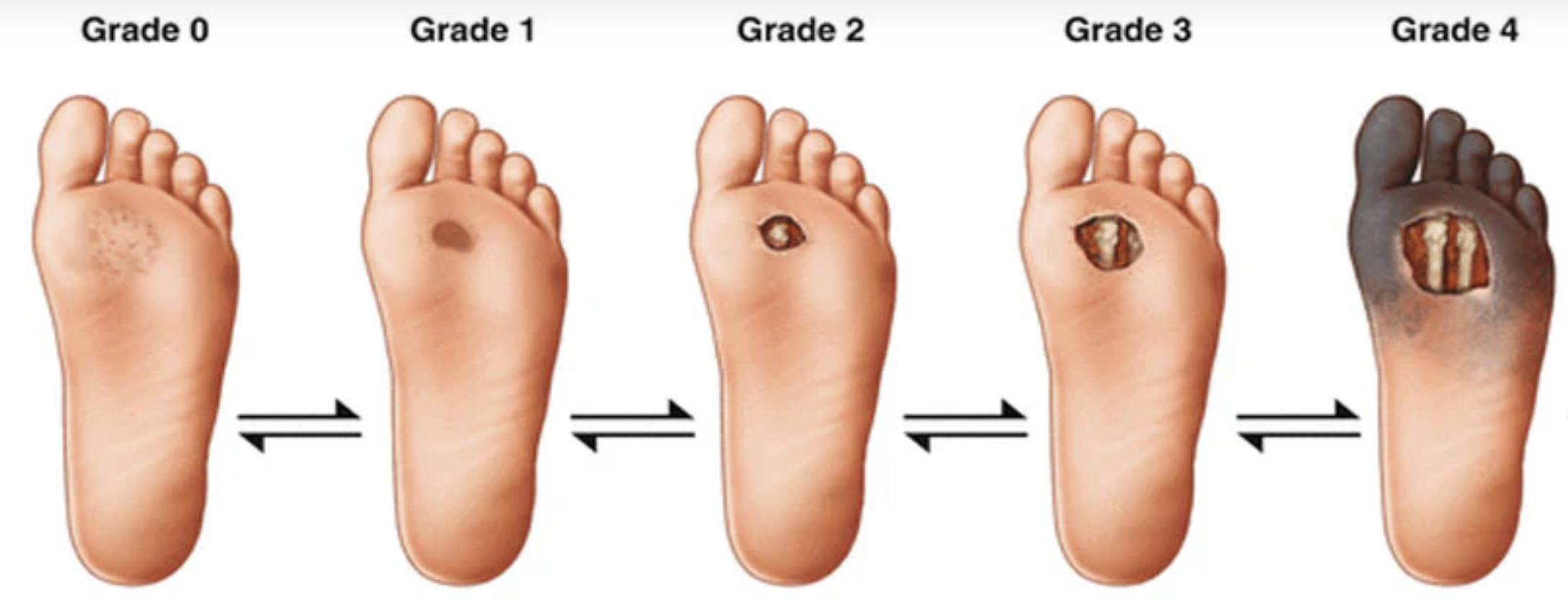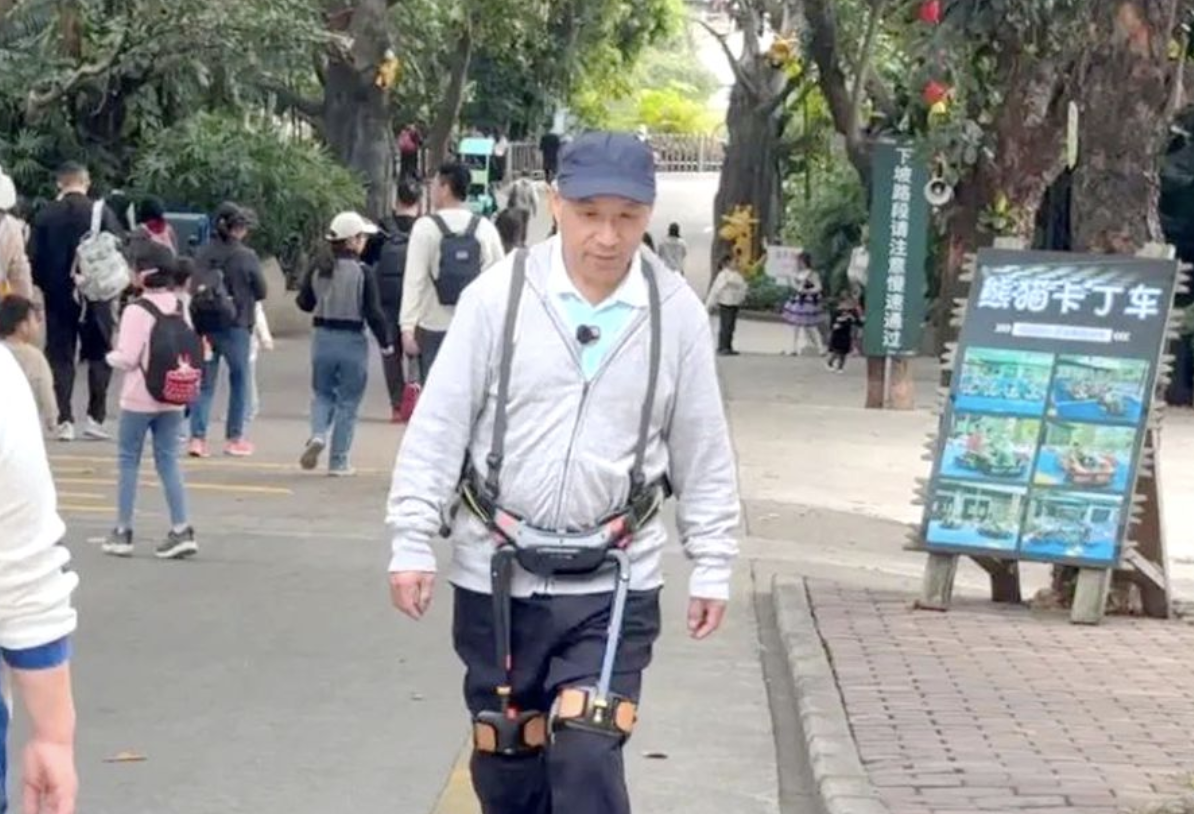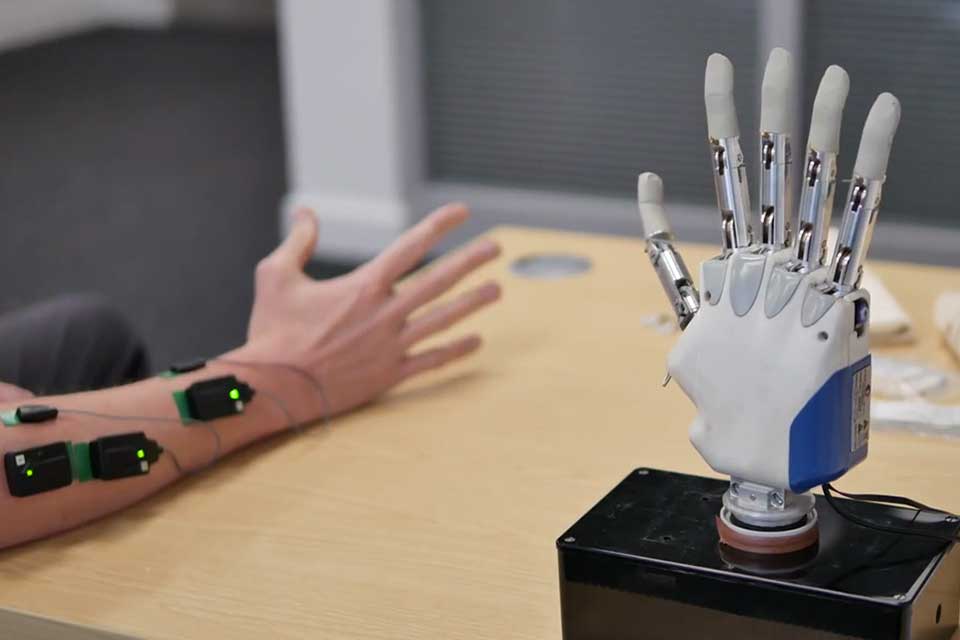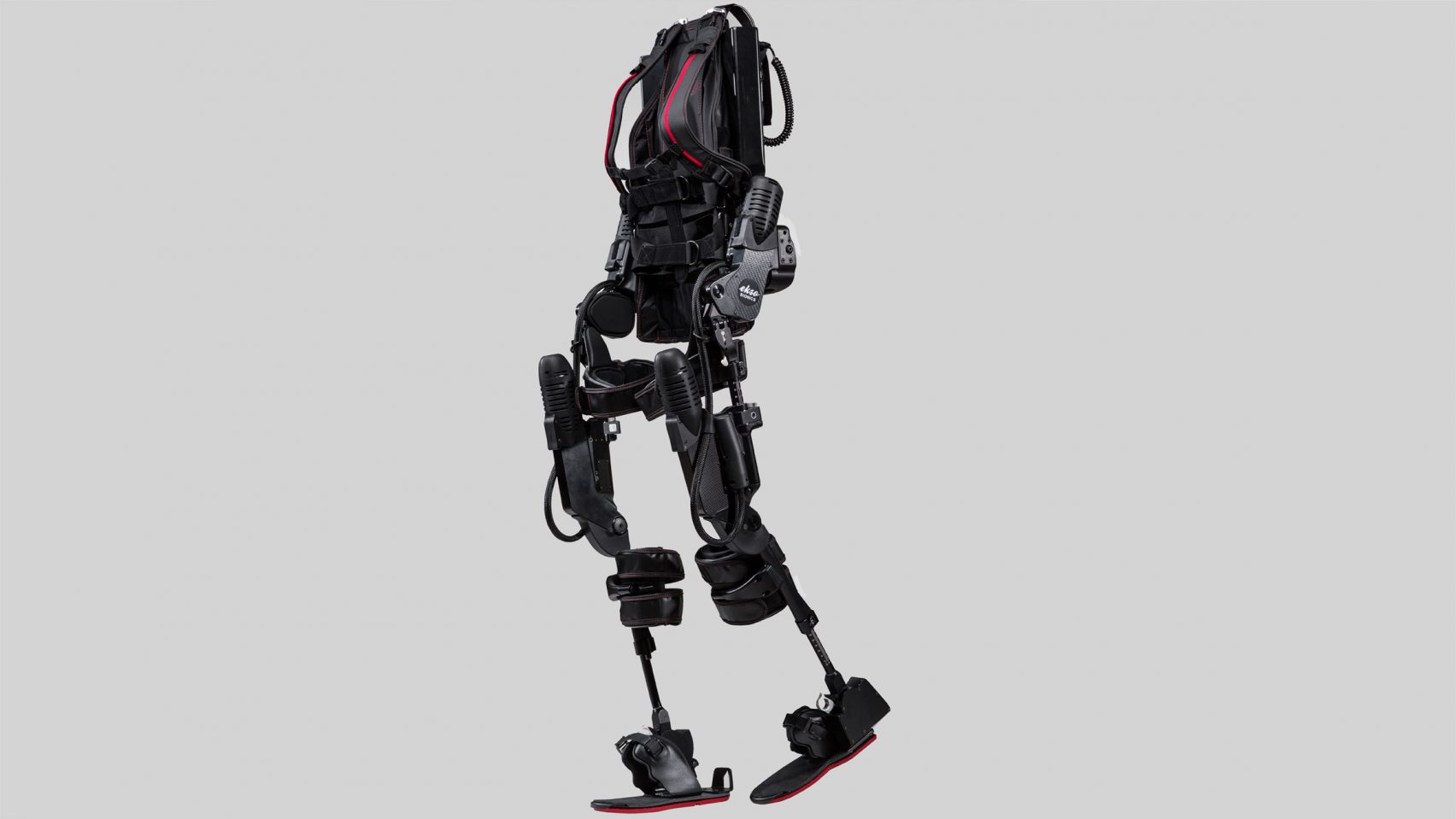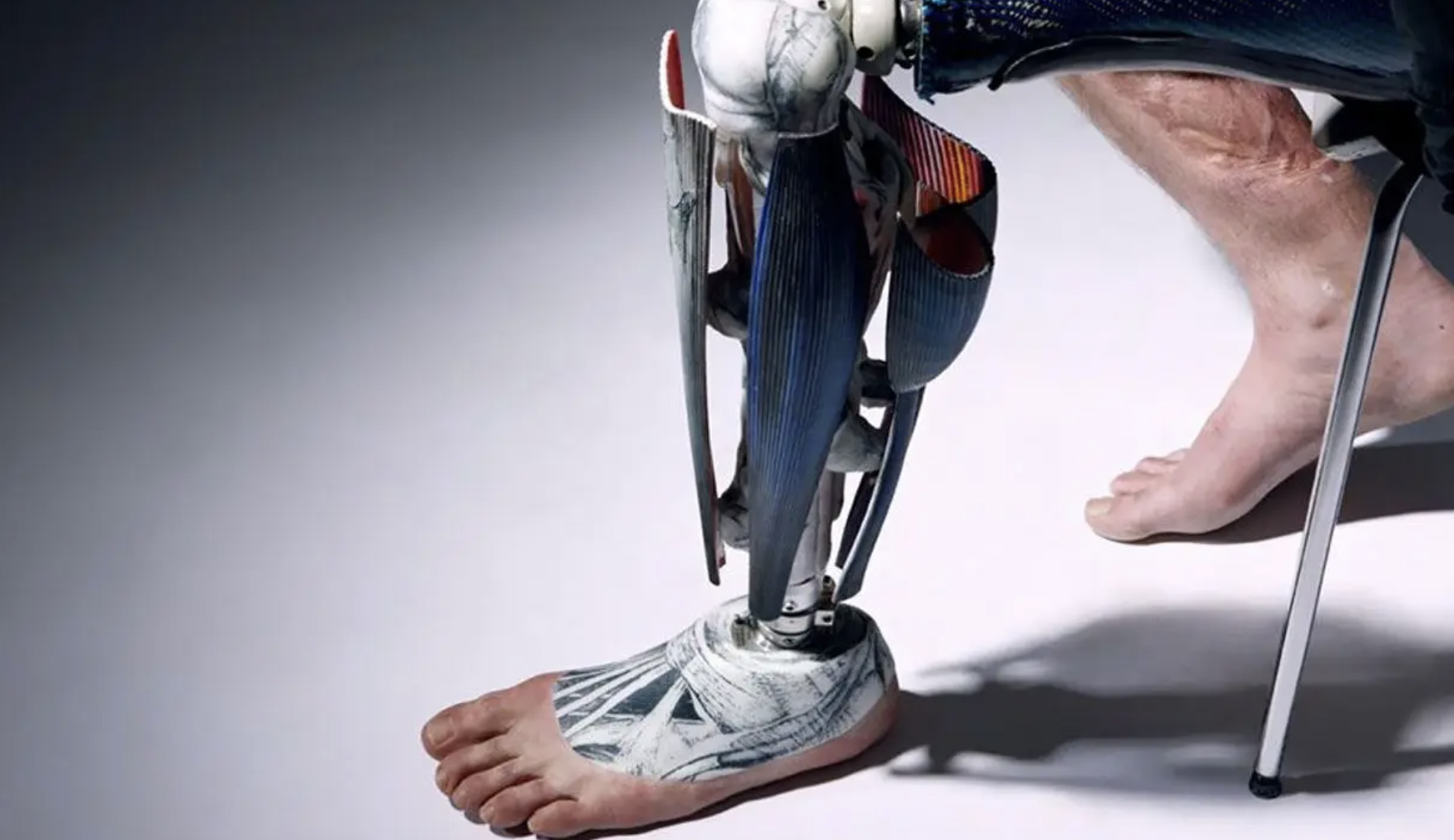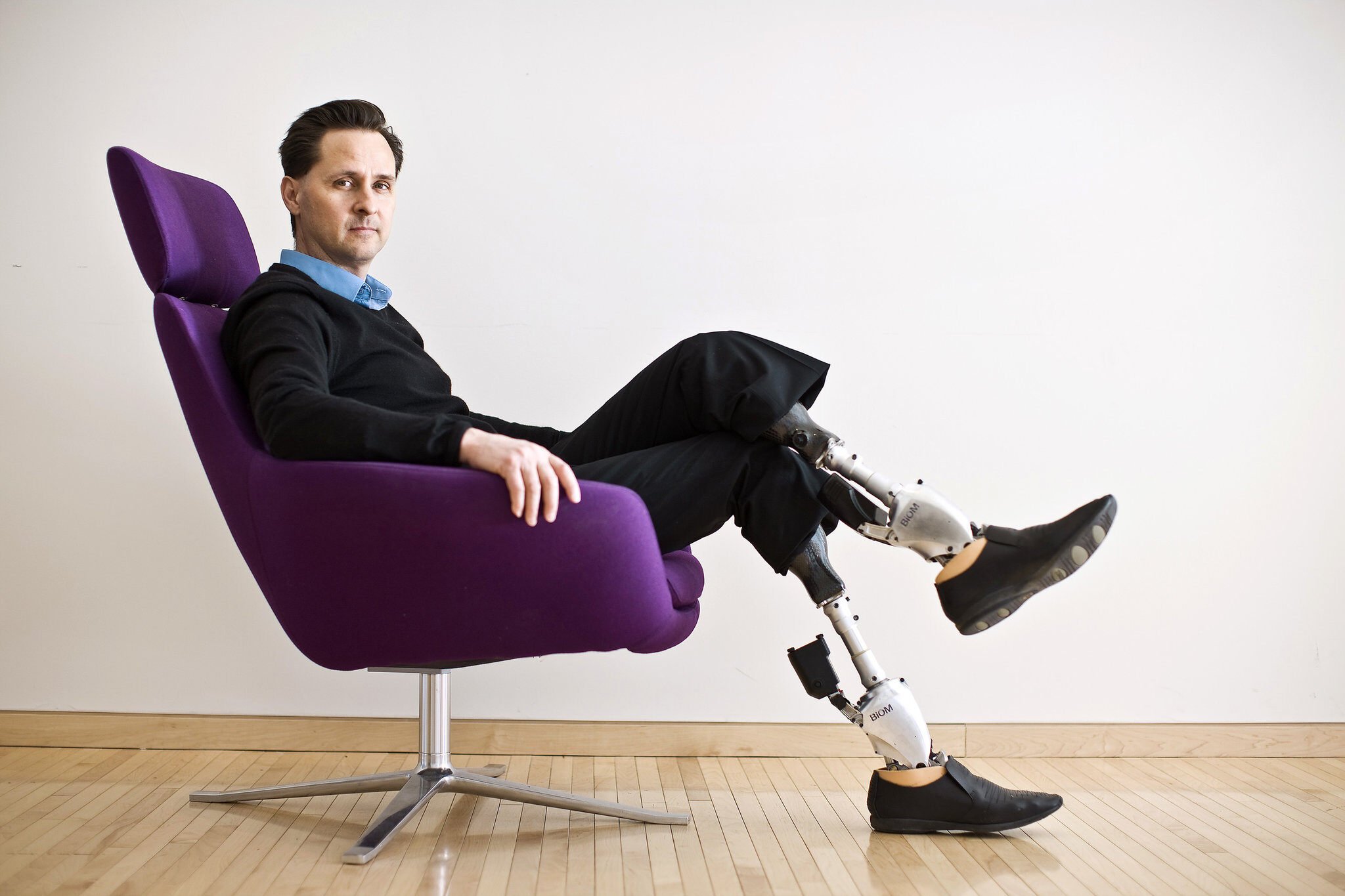The US Food and Drug Administration (FDA) has approved Neuros Medical’s electrical nerve stimulation system for the treatment of pain associated with phantom limbs and post-amputation procedures.
The device, named Altius, works by inhibiting pain signal transmission from the damaged peripheral nerves near the site of amputation to the central nervous system.
Neuros’ system is indicated as an aid in the management of chronic intractable phantom pain and residual lower limb post-amputation pain in adult amputees.
Patients who have a limb amputated often experience chronic neuropathic pain that feels like it’s originating from the missing limb. Post-amputation pain includes both phantom limb pain and residual limb pain and impacts nearly one million people in America, according to Neuros.
Post-amputation pain is hard to treat, with current approaches ranging from pharmacological intervention to behavioural therapies.
Altius, which received breakthrough device designation from the FDA in 2021, is controlled by the patient and consists of a nerve cuff electrode placed around an affected nerve along with an implantable pulse generator (IPG). Patients can initiate a 30-minute treatment session when pain begins to set in.
The FDA based its approval decision on results from the QUEST study, which met all primary efficacy and safety endpoints. The Altius device demonstrated superiority compared to active-sham control, with patients receiving Neuros’ treatment reporting statistically significant and lasting reductions in pain, decreased opioid use, and improvements in quality of life. Data from the randomised trial, which enrolled 180 lower-limb amputee patients, was published in the Journal of Pain Research.
Following the FDA approval, Neuros said it plans to begin commercialisation of its system later this year.
Neuros Medical’s CEO David Veino said: “Physicians and patients now have a clinically proven treatment that addresses the underlying cause of post-amputation pain using an innovative, on-demand, patient-controlled device without the risk of addiction associated with opioids.”
The global neuromodulation device market is expected to reach $11.4bn by 2033, according to a report by GlobalData.
